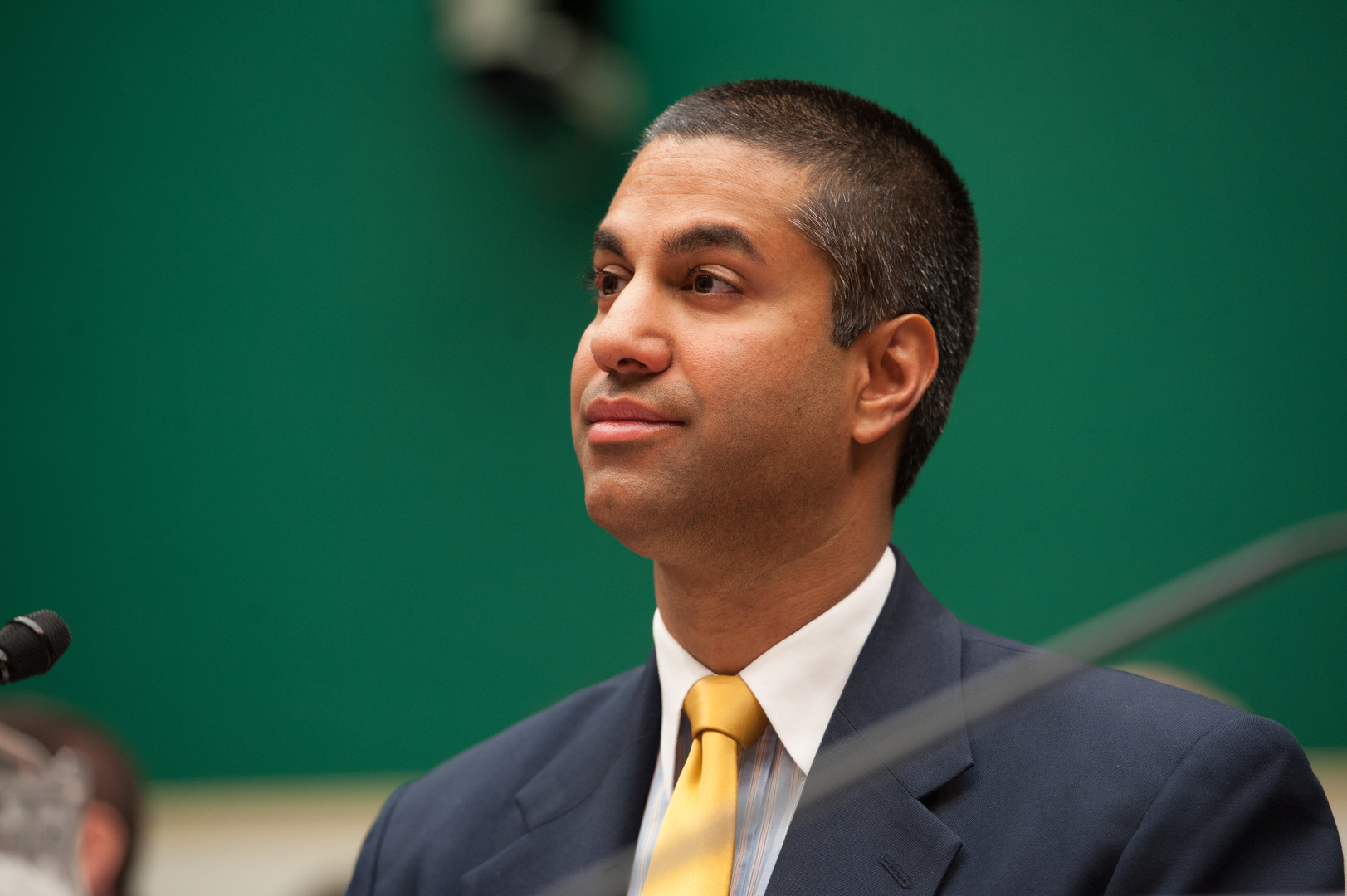The Federal Communications Commission voted on party lines Thursday, 3-2, to expand a decades-old phone subsidy program to include broadband internet. It was an eventful day. There were several hearing delays, substantial partisan bickering and accusations, and obvious tension among the commissioners.
FCC’s Lifeline program delivers subsidies to low-income Americans to help them pay for phone service. Under the change finalized on Thursday, eligible participants will also receive subsidies of $9.25 a month for broadband internet service.
“Today, getting connected means getting online, and it is time for the Lifeline program to reflect this reality,” Democratic Commissioner Jessica Rosenworcel said before the vote.
Democratic Commissioner Mignon Clyburn has long supported an expansion of the FCC’s Lifeline program to include broadband. She wrote the final rule with FCC Chairman Tom Wheeler. During the meeting, she spoke with visible emotion about the need for the expansion, citing several stories of low-income Americans who sought out Wi-Fi hotspots because they could not afford their own broadband plans.
Republican commissioners, however, were not happy about how the vote went down. Clyburn and Republican commissioners Ajit Pai and Michael O’Rielly had, at some point in the 24 hours before the meeting, reached a compromise to create a smaller, capped budget for the program and include stepped-up minimum standards. Those changes were supposed to bring the Republicans on board for the final vote.
Sometime before the meeting finally started at 2 p.m. — it was originally scheduled for 10:30 a.m. — Clyburn backed out of the deal. Speaking at a press conference after the event, she said she changed her mind because she simply “was not certain” that the budget proposal included in the compromise plan would sufficiently cover the costs. Clyburn said she attempted to renegotiate the deal with O’Rielly and Pai, but “neither party was able to move any further.”
O’Rielly and Pai argued that the change of heart was actually spurred by a pressure campaign from Wheeler and outside interest groups that didn’t like the compromise. Speaking before the vote, Pai said that Wheeler launched “a political campaign to force a Democratic FCC commissioner to renege on a bipartisan compromise on her signature issue,” referring to Clyburn.
Clyburn disputed that assessment during the press conference after the meeting, saying that she arrived at the decision on her own and without undue influence. Wheeler, for his part, said claims of such influence were “balderdash.”
The rule change that the agency ultimately approved closely resembles the original proposal, rolled out earlier this month. It allocates $2.25 billion for the Lifeline program, but if the costs reach 90 percent of that budget, a bureau within the FCC will author a report on the reason for the costs. Then the FCC will act on that report within six months.
Additionally, the program includes an independent eligibility verification program so that Lifeline providers cannot enroll their own participants simply to expand their business. It has a streamlined system for authorizing new Lifeline providers to ease their entry into the program.
The change also includes several minimum standards for Lifeline broadband. Eligible fixed broadband services must run at 10 Mbps for downloads and 1 Mbps for uploads, enough for basic streaming and web surfing. It will phase in standards for mobile broadband service so that recipients will have at least 2 GB per month of data by the end of 2018.
The commission elected to ease the implementation schedule for one set of minimum standards, responding to concerns raised by outside groups, according to Clyburn. Under the approved change, the FCC will provide fewer and fewer subsidies to programs that only provide voice service to customers. But the FCC will do so at a slower schedule than it had originally proposed. In the initial plan, Lifeline subsidies would have been phased out for voice-only services by Dec. 1, 2019. In the final, approved plan, those subsidies will be phased out by Dec. 1, 2021.
CTIA, the wireless group that was among those that pushed for changes to the minimum standards, was careful to note the update in its statement after the vote. “Importantly, the FCC has [extended] the transition by two years and adjusted the minimum standards to more closely reflect mobile market realities,” said Scott Bergmann, CTIA’s vice president of a regulatory affairs, in an emailed statement.
CTIA was not alone. USTelecom, which represents the telecommunications industry, and the National Cable & Telecommunications Association, which represents the cable industry, along with the Open Technology Institute, a tech advocacy group, all applauded the FCC after the vote.
